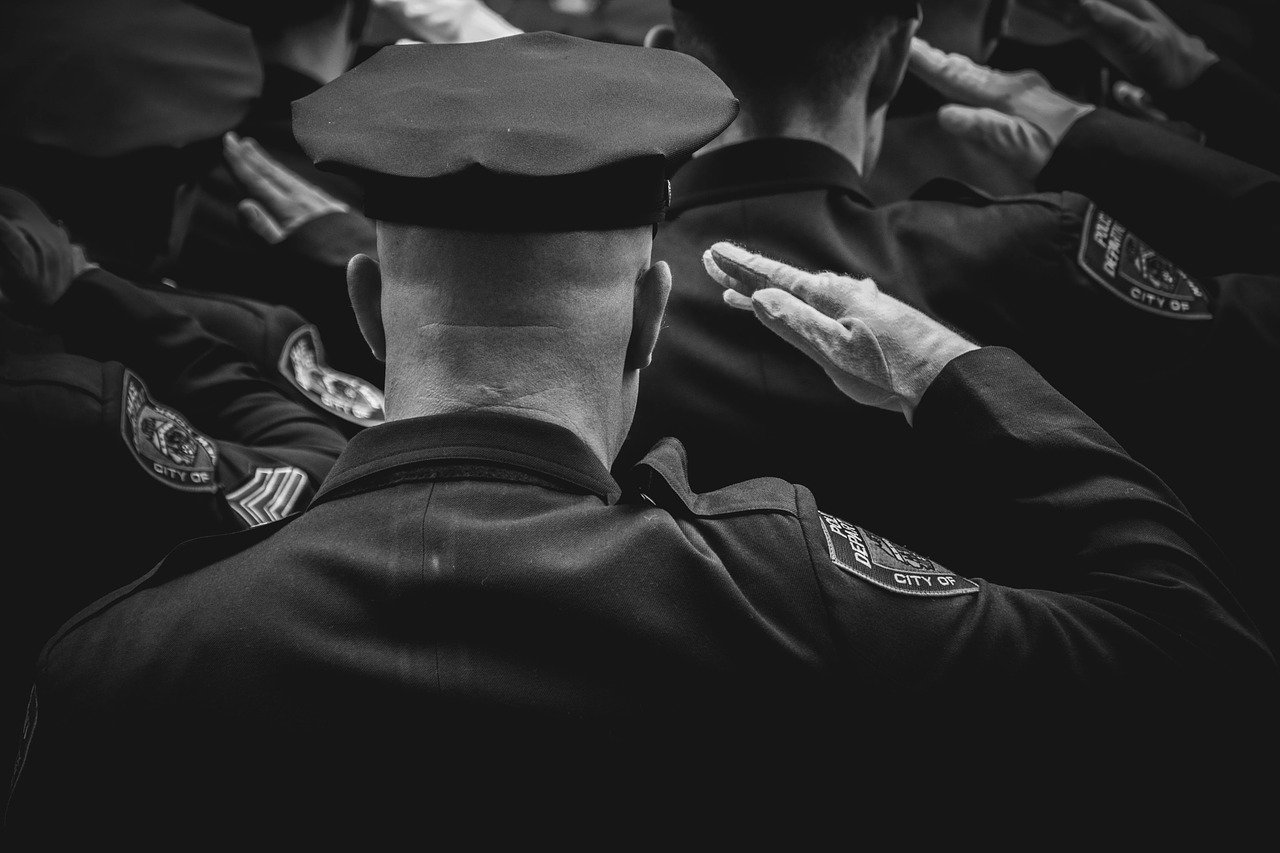
By GRANT SCHULTE-Associated Press
OMAHA, Neb. (AP) - A bill to boost training requirements for Nebraska law enforcement officers won key support Wednesday from some of the state's largest police groups, but smaller agencies balked at the cost and other measures designed to increase transparency faced stiff resistance.
Organizations representing Omaha police officers and Nebraska police chiefs endorsed a proposal that would require a minimum of 40 hours of training for officers every year, up from the current 20. The measure would also ban police chokeholds, mandate psychological evaluations for new hires, bar departments from employing officers before they're certified and require agencies to adopt use-of-force policies.
The bill "will increase the professionalism of our police force by raising minimum standards," Sen. Steve Lathrop, of Omaha, said in testimony before the Legislature's Judiciary Committee.
But two lawmakers who represent largely Black districts in north Omaha said they wanted even tougher accountability laws, including a public database of law enforcement misconduct - an idea opposed by law enforcement officers.
"The people in my community want transparency," said Sen. Terrell McKinney, of Omaha, who sponsored one of the public database measures.
Sen. Justin Wayne, of Omaha, noted that Nebraska already has a public database for firefighters, because they're certified as emergency medical technicians.
He argued that the database would help assure the public that officer misconduct is punished, pointing to Omaha Police Chief Todd Schmaderer's statement in a Tuesday legislative hearing that he has fired at least 40 officers in his eight years as chief.
"Do you know how far that would go in our community if we knew that?" Wayne said.
But Sen. Suzanne Geist, of Lincoln, said a public database that discloses small infractions could have a "chilling effect" that deters some applicants and makes it harder for departments to fill open jobs.
The bills pending in the Judiciary Committee were introduced in the wake of last year's George Floyd protests that led to violent clashes between some protesters and Omaha and Lincoln police.
Jim Maguire, president of the Nebraska Fraternal Order of Police, said the training bill created a "thoughtful process" that balanced the public interest with the rights of front-line officers. He said it's especially important for agencies to have minimum requirements for their use-of-force policies instead of the current patchwork throughout the state. Some smaller departments don't even have specific procedures for when an officer shoots a person, he said.
"It's a good thing for everyone to have a baseline," Maguire said.
Aaron Hanson of the Omaha Police Officers Association said his organization was initially concerned about the training bill in the current "hyper-charged" political environment, but concluded that the changes proposed were necessary.
"We understand that with training comes enhanced professionalism," he said.
But Saunders County Sheriff Kevin Stukenholtz said he was concerned that the new training requirements would put additional strain on his small-town department and others.
"It's an expensive proposition for law enforcement agencies," he said. "It requires an expansion of every sheriff's budget in Nebraska."
Don Wesley, a lobbyist for seven smaller and mid-sized Nebraska cities, said some towns are already struggling to recruit and retain officers, and requiring 40 hours of training would require them to pay more overtime and take officers off the streets. He said lawmakers should consider different standards for smaller cities and allow them to phase in the requirements over time.




